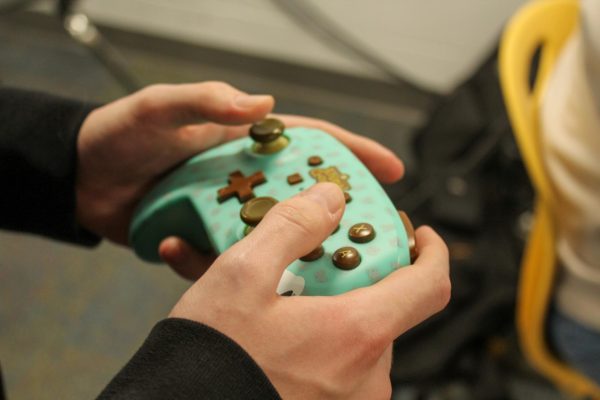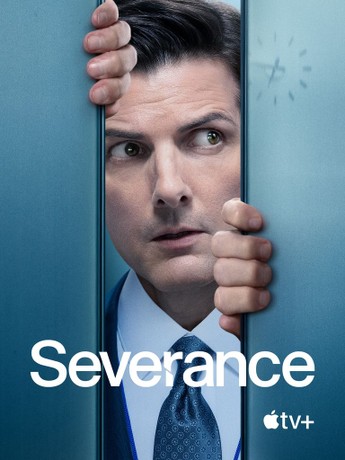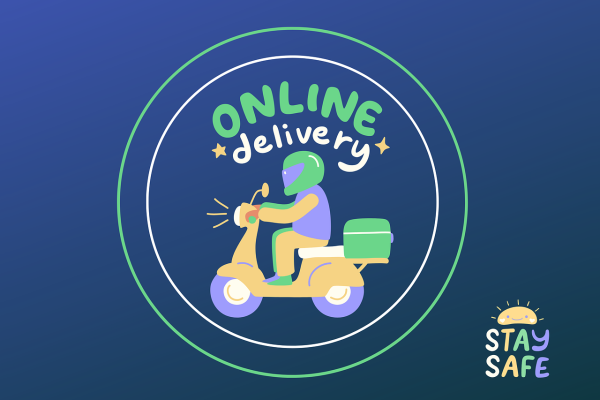Editorial: Caffeinated Chaos-The rise in teenage caffeine consumption
There are arising concerns about the increasing consumption of caffeine among teens.

Steam rising from a white cup of hot coffee with a spoon on a saucer over a wooden table in the cafe. Close-up of a refreshing hot cup of a coffee at a cafe.
Rise and shine! Imagine it is just another beautiful day in St. Petersburg, Florida and you have to head off to school. Unfortunately, you find yourself feeling a bit too tired. What is the solution? Well, you most likely choose the common option and find the nearest supply of caffeine.
Whether it be a Caramel Frappuccino from Starbucks or an energy drink from your high school vending machine, caffeine consumption is the way people wake themselves up on the go.
According to Health Benefits of Coffee – Cleveland Clinic, if you drink a moderate amount of coffee on a regular basis it could come with pleasant health related benefits ranging from the vast amounts of nutrients you gain, to lowering serious health risks like cancer.
Keeping in mind that those benefits come with drinking it in moderation, according to Caffeine excess leads to teen death, coroner says | CNN on April 26th, 2017, 16-year-old high school student Davis Allen Cripe died from a cardiac arrest due to a caffeine induced arrhythmia.
More known as an abnormal heart rhythm, arrhythmia is a sensation caused from the heart not being able to pump enough blood to the body, and the lack of blood flow affects the other parts of your system.
Cripe consumed three caffeinated drinks during the course of a two-hour period. He drank a cafe latte, a large diet mountain dew and an unknown energy drink. He ended up collapsing in his classroom at Spring Hill High School.
So, while caffeine can help you finish that 2-page essay or even stay up in class, it can also cause harm in large amounts.
Due to things like caffeine being able to stay in the body for up to 12 hours. It can also prevent teens from getting the sleep they need every night. 77.8% of teens reported symptoms of withdrawal according to www.rawhide.org/blog/infographics/teens-and-caffeine.
According to the American Academy of Pediatrics, children, from ages 12 to 18, shouldn’t be consuming more than 100 milligrams of caffeine per day. 100 milligrams is equal to about four 8-ounce cups of brewed coffee or about two cola cans.
We should be very careful how much caffeine we drink on a daily basis, as we now see that there are a lot of dangers to energy drinks.











